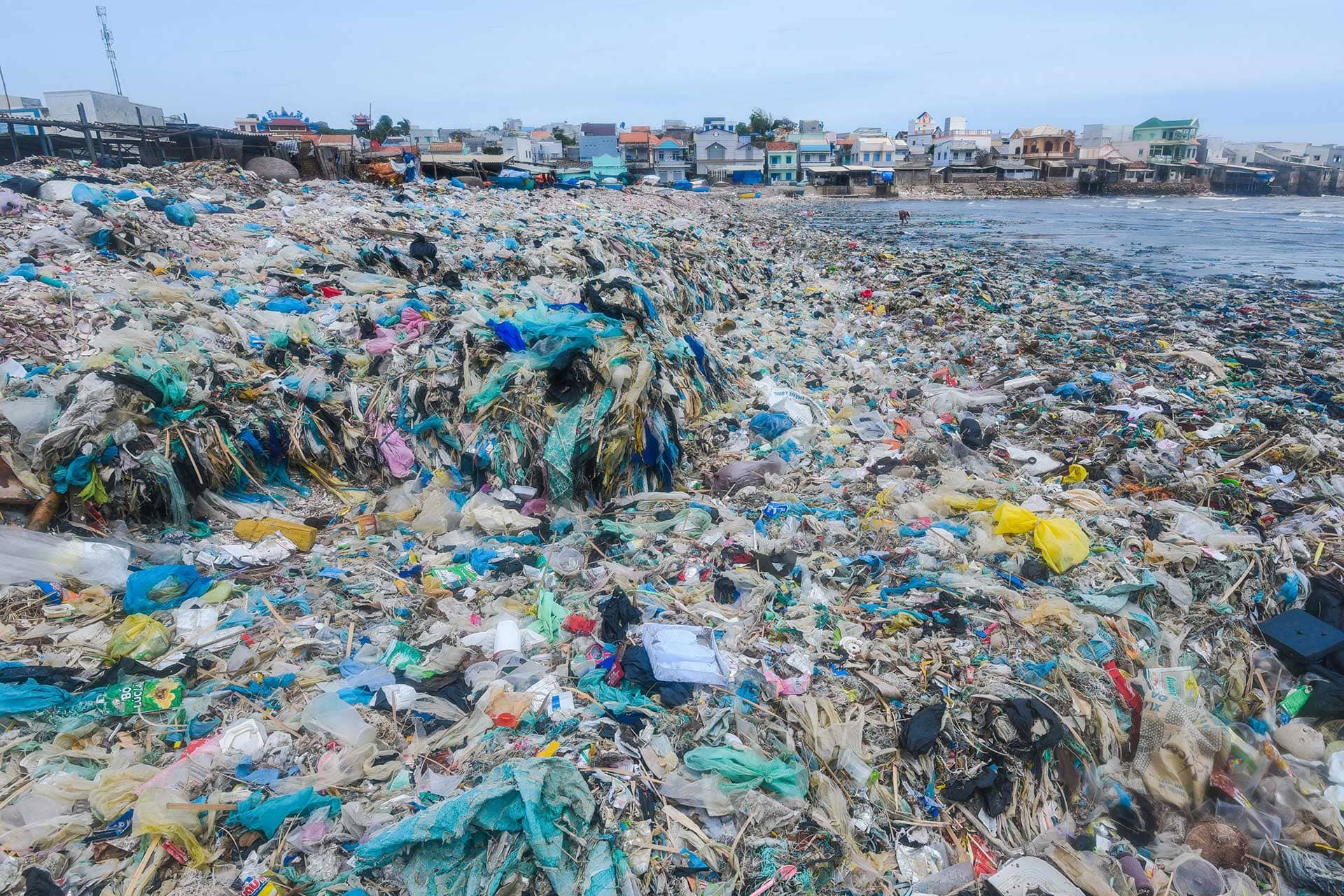
Project Details
| Project Title: | Local Solutions for Plastic Pollution (LSPP project) |
| Location: | 4 cities: Hanoi, Ha Long (Quang Ninh), Da Nang and Hoi An (Quang Nam) |
| Period: | 3 years (1st August 2020 – July 31st 2023) |
| Donor: | United States Agency for International Development (USAID) |
Project Implementers
| Centre for Supporting Green Development (GreenHub - Coordinator) |
| Institute Of Strategy And Policy On Natural Resources And Environment (ISPONRE) |
| Hanoi University of Public Health - VietNam One Health University Network (HUPH-VOHUN) |
| Global Integrated Management System Company Limited (GIMASYS) |
Description
Vietnam is listed as 1 of the top 5 plastic waste polluters of the world’s oceans, discharging 0.28 – 0.73 million tons annually. Nationally, plastics pollution is increasingly receiving policy attention, but local knowledge access, collaboration and capacity for behavior change are weak. Moreover, there is no central initiative or internet-based platform on plastics pollution in Vietnam for actors to interact and network, nor mobile solutions (mHealth) to deliver environmental health education, reliable plastic waste community information, and support collective action to prioritize action, create online groups, or share community solutions. The ‘Local Solutions for Plastic Pollution’ (LSPP) project is funded by USAID under the program of Local Works for Environmental Health which will be implemented by GreenHub and 03 sub-awardees (ISPONRE, HUPH-VOHUN, GIMASYS) from August 2020 to July 2023.
The goal of this project is to reduce plastics pollution by building collective action from the ground up by strengthening and uniting networks, communities and individuals through: 1) environmental health literacy, 2) locally-determined and data-driven solutions for advocacy, 3) policy advocacy, 4) business innovation, 5) combining traditional media and emerging communications technologies
This project aims to achieve this goal through the following Objectives:
Objective 1: Increased capacity of local actors to collectively engage and network with constituents, stakeholders, government, and resource partners addressing plastic pollution related to health
Objective 2: Increased local capacity to produce, access, and use data to monitor, analyze, publicize and advocate policy solutions for locally-determined plastics related environmental health problems



